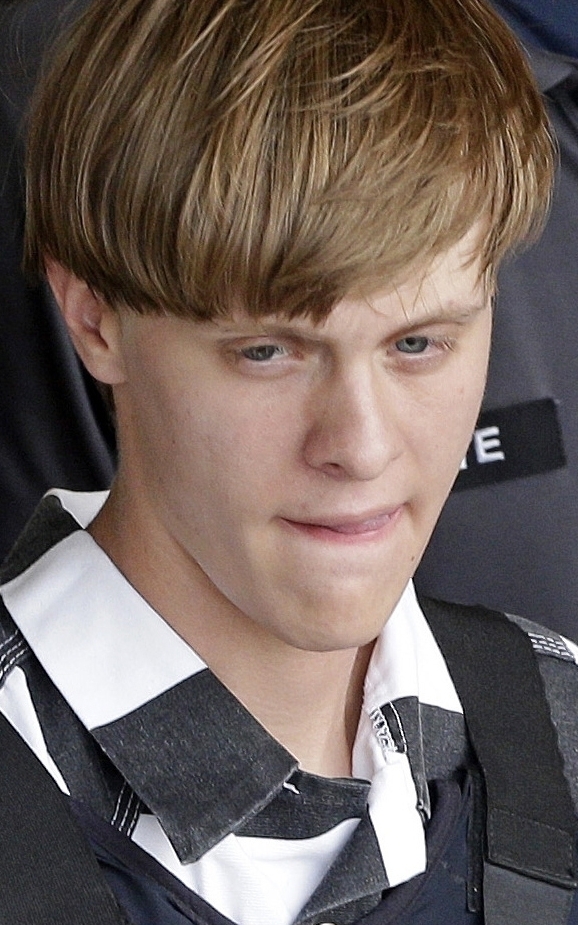CHARLESTON, S.C. — In a courtroom a mile from the Charleston church slayings, wounds reopened as nearly two dozen friends and relatives of the nine victims shared cherished memories and opined about a future without a mother, father, sister or brother.
They shed tears and their voices shook, but none of them said whether Dylann Roof should face the death penalty or life in prison for gunning down the church members during a Bible study at Emanuel AME.
That will be left up to the jury, which will begin its deliberations Tuesday after hearing a closing argument from prosecutors and perhaps Roof.
Roof has represented himself during sentencing, but has not put up any fight for his life.
He didn’t call any witnesses, present any evidence and so far has not asked for mercy.
He did try to limit the amount of heart-wrenching testimony the jurors heard, but with only little success.
Survivor Jennifer Pinckney talked about the life of her husband, church pastor and state Sen. Clementa Pinckney.
She spoke about the harrowing minutes she spent huddled underneath a desk with her youngest daughter as shots rang out in the next room, unsure if the gunman was coming her way.
In the hours that followed, the mother had to somehow explain the death to her two daughters.
“I sat in front of the girls, and I basically told them that something had happened,” she said. “I think that that’s the hardest thing that I’ve ever had to do.”
The Rev. Anthony Thompson cried as he described a conversation with his wife, Myra, about their future plans to move and pursue studies and careers in the church.
“She was my world, and she was gone,” he said.
Survivor Felicia Sanders, who gave powerful testimony during the guilt phase of Roof’s trial, wrapped up the prosecutors’ case Wednesday, talking about her creative, 26-year-old son, the youngest victim, and his commitment to his faith and Emanuel.
“That night they were getting basic instruction before leaving Earth,” Sanders said. “I did not know that was going to be the life of them.”
Law enforcement officers took the stand, too, reading from a journal found in Roof’s cell.
In pencil, on lined paper, six weeks after his arrest, the then-21-year-old Roof wrote that he had “not shed a tear for the innocent people I killed,” scribbling white supremacy symbols and writing his thoughts about other races’ inferiority.
The jury’s decision must be unanimous.
If they are unable to agree, a life sentence is automatically imposed.
Copy the Story LinkSend questions/comments to the editors.



Success. Please wait for the page to reload. If the page does not reload within 5 seconds, please refresh the page.
Enter your email and password to access comments.
Hi, to comment on stories you must . This profile is in addition to your subscription and website login.
Already have a commenting profile? .
Invalid username/password.
Please check your email to confirm and complete your registration.
Only subscribers are eligible to post comments. Please subscribe or login first for digital access. Here’s why.
Use the form below to reset your password. When you've submitted your account email, we will send an email with a reset code.